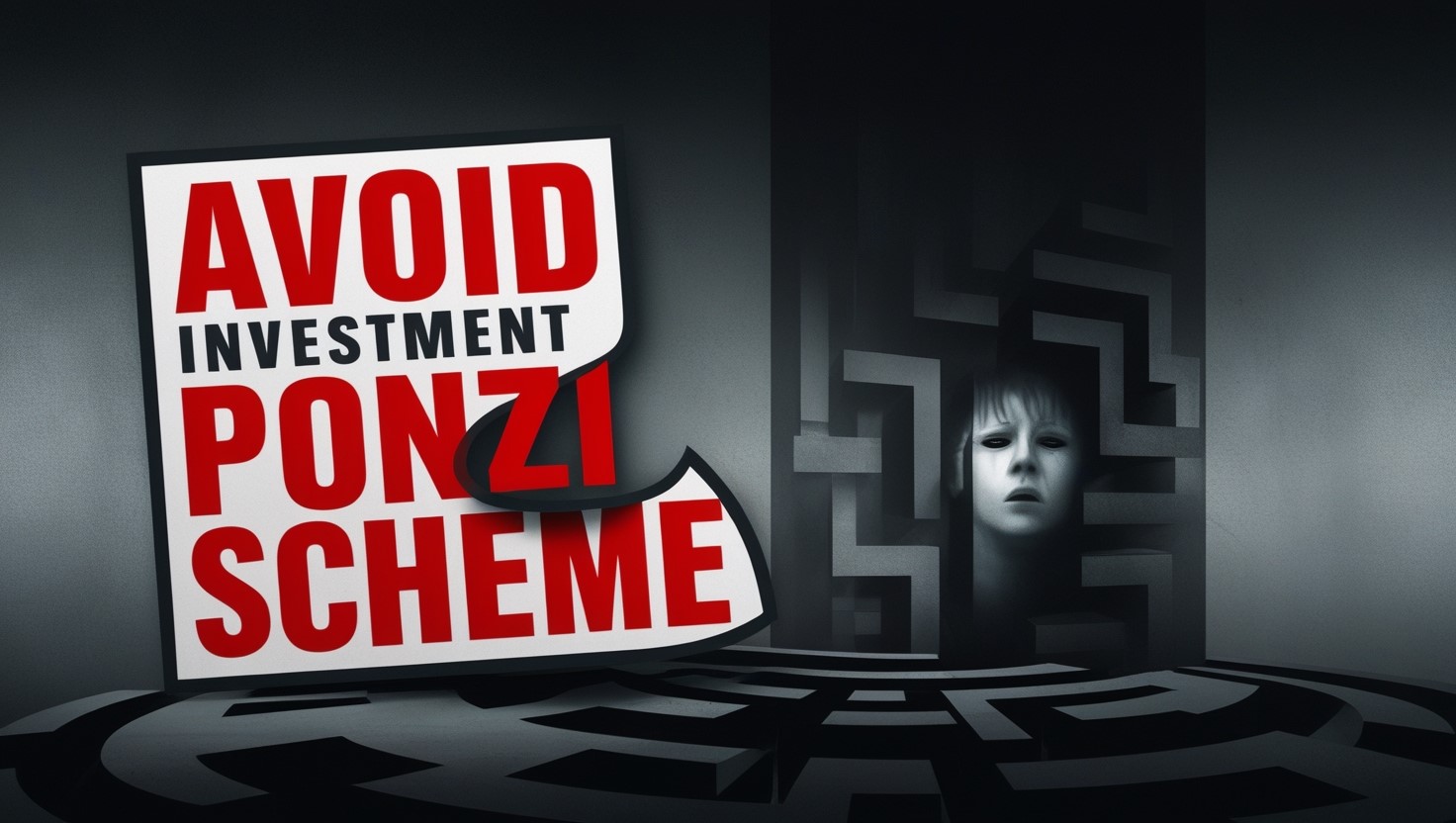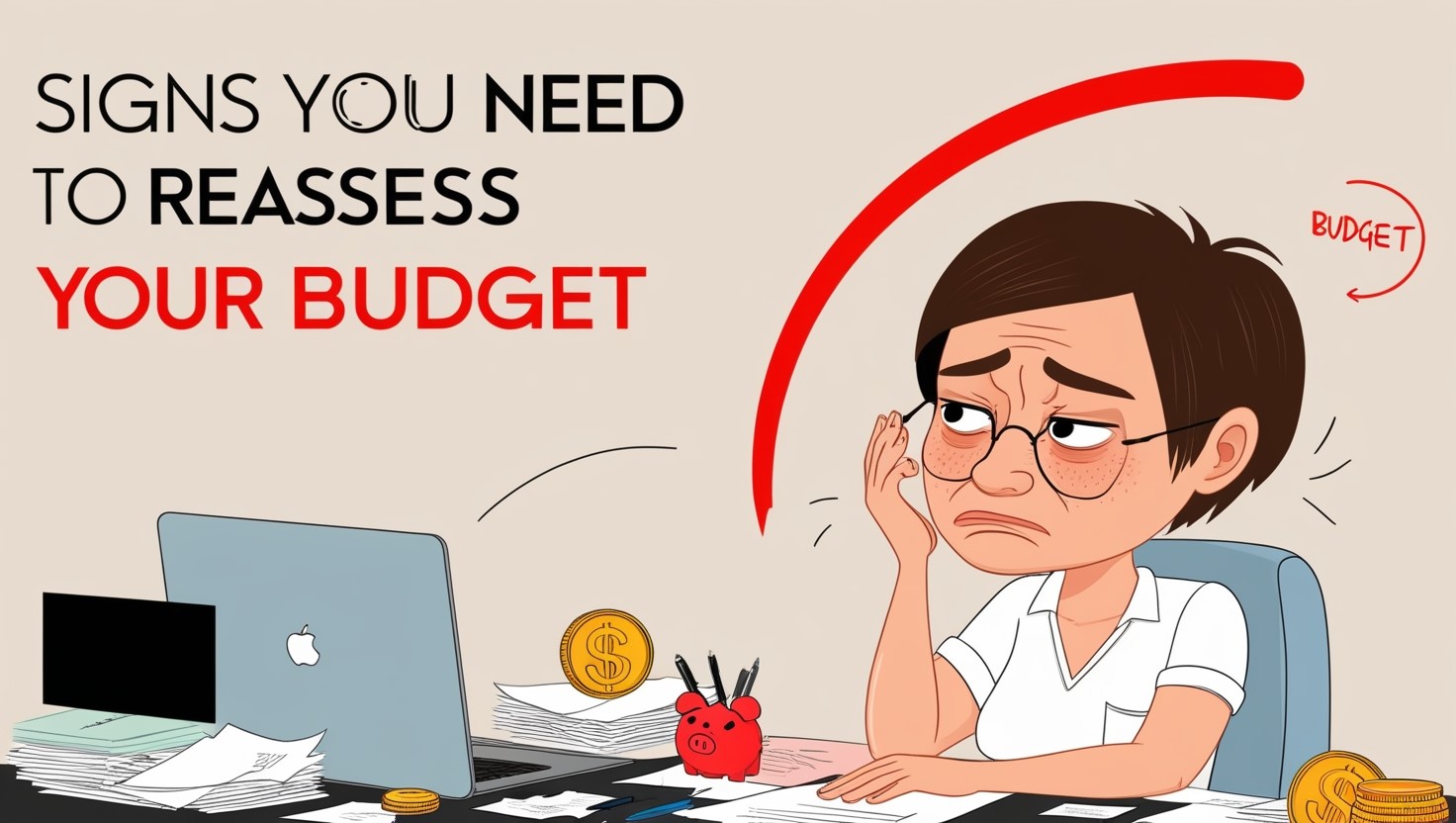The idea of doubling or tripling your money with little to no risk is tempting, isn’t it? That’s exactly how Ponzi schemes lure in unsuspecting investors—promising guaranteed, high returns with minimal effort. But what seems too good to be true often is, and the harsh reality is that Ponzi schemes can leave people devastated, wiping out life savings in a matter of months.
If you’ve heard stories of people being scammed out of thousands—or even millions—you might think it could never happen to you. But the truth is, these schemes are designed to appear legitimate, preying on trust, hope, and sometimes desperation. The good news? By staying informed and knowing what to watch out for, you can protect yourself from falling victim to these fraudulent schemes.
In this article, we’ll walk through six practical ways to avoid Ponzi schemes, helping you safeguard your hard-earned money. Whether you’re a seasoned investor or just starting out, these tips will arm you with the knowledge to make smarter, safer investment choices. Let’s dive in and ensure you’re prepared to spot the red flags before it’s too late.
1. Research the Investment Firm and Advisor
When you’re considering an investment, the first step should always be doing your homework on both the firm and the advisor handling your money. Scammers bank on people skipping this critical step, relying instead on trust or word-of-mouth recommendations. But when your financial future is at stake, trust needs to be backed up by hard facts.
Start by checking whether the firm or advisor is registered with the proper regulatory bodies. In the U.S., for example, the Securities and Exchange Commission (SEC) and Financial Industry Regulatory Authority (FINRA) maintain databases that allow you to verify the credentials of brokers and advisors. A quick search on these platforms can reveal if the firm is legitimate, whether it has faced any disciplinary actions, or if there are red flags in its history. If you’re outside the U.S., find the equivalent regulatory body in your country and do the same checks.
Don’t stop there. Dig a little deeper by looking at online reviews and testimonials from other clients. While a good reputation can speak volumes, be wary of reviews that seem too glowing or too vague—they could be fake. Instead, look for detailed feedback from clients with experiences that sound genuine and reflect your own investment goals.
Lastly, don’t be afraid to ask the tough questions directly. A credible firm or advisor will be transparent about their qualifications, track record, and how they plan to handle your investment. If they dodge questions, give vague answers, or seem annoyed by your due diligence, consider it a major red flag.
Researching the firm and advisor might take a little extra time upfront, but it’s a small price to pay to protect yourself from becoming the next victim of a Ponzi scheme or other financial scam. Trust, but verify. Always.
2. Be Skeptical of “Guaranteed” High Returns
One of the most alluring promises scammers use to hook potential investors is the idea of guaranteed, high returns with little to no risk. It’s a tempting offer—after all, who wouldn’t want to watch their money grow quickly and effortlessly? But here’s the truth: in the real world of investing, there’s no such thing as a “sure thing.”
Whenever you hear the word “guaranteed” in connection with an investment, your alarm bells should go off. Markets fluctuate, and even the best investments carry some level of risk. Reputable financial advisors know this, and they’ll always discuss both potential gains and the risks involved. Ponzi schemes, on the other hand, thrive on the promise of high, consistent returns that don’t reflect the natural ups and downs of the market.
If an investment opportunity offers returns that seem far above what’s typical for the industry, that’s a major red flag. A good rule of thumb? If it sounds too good to be true, it probably is. Scammers use these promises to entice people to invest quickly, capitalizing on greed or the fear of missing out on a “great” opportunity. But those promised returns are often nothing more than an illusion—funded by the money of new investors to pay earlier ones, until the whole thing eventually collapses.
Instead, look for investments that are realistic and transparent. Genuine financial professionals will explain potential returns while being clear about the risks. They understand that slow and steady growth is the key to long-term financial success, not flashy promises.
So, when you’re approached with an investment promising guaranteed high returns, step back and ask yourself: how is this possible? Chances are, it’s not. Trust your instincts and keep your expectations grounded in reality—doing so will help keep you far from the grasp of Ponzi schemes and other investment frauds.
3. Understand the Investment
One of the simplest ways to protect yourself from falling into a Ponzi scheme is to fully understand what you’re investing in. Scammers often count on investors not asking too many questions or getting lost in financial jargon, allowing them to operate under a cloak of complexity. If you don’t grasp how an investment works, or if the explanation feels vague or overly complicated, it’s a red flag you shouldn’t ignore.
Before committing your money, take the time to dig into the details. What exactly are you investing in? Is it stocks, bonds, real estate, or something else entirely? How does the investment generate returns, and what are the risks involved? A legitimate advisor will be able to break down the details in a way that makes sense to you. If you can’t explain the investment to someone else in simple terms, it might be a sign that you don’t fully understand it—and that’s a risk in itself.
Scammers often present investments as “exclusive opportunities” or wrap them in fancy terms to make them sound more appealing. But remember, no legitimate investment should be too difficult to understand. If you’re being rushed or pressured into making a decision without fully grasping the details, that’s another warning sign. Genuine advisors want you to feel informed and comfortable with where your money is going.
Additionally, don’t shy away from asking tough questions. If the answers you get are unclear, evasive, or overly complex, trust your gut and walk away. Understanding your investment is not only about making wise financial decisions—it’s about staying in control of your money and avoiding traps set by those looking to exploit your trust.
At the end of the day, knowledge is power. The more you know about where your money is going and how it’s working for you, the harder it is for scammers to take advantage of you. Keep things simple, ask questions, and make sure you fully understand your investment before committing to anything.
4. Monitor Your Investment Regularly
Investing doesn’t end the moment you hand over your money. In fact, staying engaged and monitoring your investment regularly is one of the most important steps in safeguarding it. Ponzi schemes and other fraudulent activities often rely on investors becoming passive, trusting that their returns will roll in without question. But being hands-off can put your money at risk.
Start by reviewing your investment statements closely and regularly. Don’t just glance at the numbers—pay attention to details. Are the returns consistent with what you were promised? Do the gains seem too perfect or suspiciously steady? In the real world of investing, fluctuations are normal. A steady, overly predictable rise in returns can be a red flag, signaling that something isn’t quite right.
Another critical step is to check your access to your funds. Can you withdraw your money easily if you need to? Scammers often make it difficult for investors to access their money, offering excuses or delays when you try to make a withdrawal. If you notice that your advisor is evasive when you ask for updates or access to your funds, it’s time to dig deeper and potentially consider moving your investment elsewhere.
Communication is key. Regularly touch base with your advisor and ask for updates on how your investment is performing. A legitimate advisor will be transparent and happy to provide information, whether it’s good news or bad. If your advisor avoids your calls, is slow to respond, or gives vague answers when you ask for specifics, that’s a red flag you can’t ignore.
By monitoring your investment closely, you not only protect your money but also stay informed about how your financial future is shaping up. Regular check-ins with your portfolio and advisor will help you spot any irregularities before they turn into bigger issues. Staying active in your investments keeps you in control—because when it comes to your money, there’s no room for complacency.
5. Be Wary of Unsolicited Investment Offers
When it comes to your finances, unsolicited investment offers should immediately raise a red flag. Whether it’s a phone call from a “trusted expert,” a random email touting a “once-in-a-lifetime” opportunity, or even a message from someone claiming to be a friend of a friend, these unsolicited offers are often gateways to scams.
The truth is, legitimate investment opportunities rarely come knocking on your door. Scammers rely on cold-calling or sending out mass emails, hoping that at least a few people will bite. These pitches often involve high-pressure tactics, urging you to act fast before you miss out on an “exclusive” deal. The goal is to get you to invest quickly, without giving you time to properly vet the offer or ask critical questions.
One of the biggest red flags is the lack of transparency. If an investment opportunity sounds vague or overly complex, or if the person pitching it can’t provide concrete details, steer clear. Genuine investment firms don’t need to hide behind obscure terms or rush you into making a decision. They encourage informed decision-making and transparency.
Be especially cautious of unsolicited offers that come through social connections or recommendations from acquaintances. Ponzi schemes often thrive by using personal networks, creating a false sense of trust. Just because someone you know has heard about it doesn’t mean it’s a safe or legitimate investment. Always do your own due diligence, regardless of who introduces you to the offer.
In the end, unsolicited investment offers should be met with skepticism. If an opportunity comes to you out of nowhere and pressures you to act fast, it’s better to walk away. Remember, smart investing is about research, patience, and informed decisions—not jumping at opportunities that seem too good to be true.
6. Diversify Your Investments
The saying “don’t put all your eggs in one basket” couldn’t be more relevant when it comes to protecting yourself from investment scams. Diversifying your investments is one of the most effective ways to reduce risk and avoid the devastating losses that can occur when a single investment—especially a fraudulent one—goes wrong.
Diversification means spreading your money across different types of assets—stocks, bonds, real estate, and more—rather than relying on one investment to carry all your financial hopes. Why does this matter? Because even if one area of your portfolio underperforms or falls victim to fraud, other investments can help cushion the blow. Ponzi schemes often prey on investors who are all-in on a single, too-good-to-be-true opportunity, leaving them exposed when the scam inevitably collapses.
By diversifying, you’re not only safeguarding your money but also taking advantage of different opportunities for growth. Each type of investment carries its own set of risks and rewards, and spreading your investments across multiple areas ensures that no single downturn—or fraudulent scheme—can wipe you out completely.
It’s also important to keep a balance between higher-risk, higher-reward investments and more stable, conservative options. Ponzi schemes usually lure investors with promises of high returns, but a balanced portfolio reminds you that safe, steady growth is often the smartest path. Don’t get tempted to go all-in on a high-risk opportunity, no matter how convincing the pitch may be.
Finally, diversification means not putting your full trust in a single advisor or firm. While having a trusted financial professional is important, it’s wise to spread your investments across different platforms or firms to further reduce risk. That way, if something goes wrong with one account or firm, you still have others in place to keep your overall portfolio safe.
In short, diversification isn’t just an investment strategy—it’s a key defense against scams like Ponzi schemes. By spreading your investments, you not only reduce the risk of fraud but also position yourself for long-term financial success. After all, safeguarding your money is just as important as growing it.
Final Thoughts
Trust is essential but it should always be backed by thorough research. Scammers count on people skipping the due diligence, relying instead on charm, promises, or a sense of urgency to trap their victims. But by taking the time to thoroughly research the investment firm and advisor, you give yourself a crucial layer of protection against fraud.
Verifying credentials, checking for any regulatory red flags, and asking the right questions are steps that put you in control. It’s your money, your future, and ultimately, your responsibility to make sure you’re dealing with credible professionals. Don’t be afraid to dig deep, demand transparency, and walk away if something doesn’t feel right.
Trust is important, but in the investment world, it should be earned through solid facts, not just words. By staying vigilant and informed, you can invest confidently, knowing you’ve done your homework and safeguarded your financial future.



